The Individual path is the first component of the Praxis Pathway. It provides a clear developmental route from basic knowledge to demonstrable competency and underpins the Team and Organisational paths to more effective project delivery.
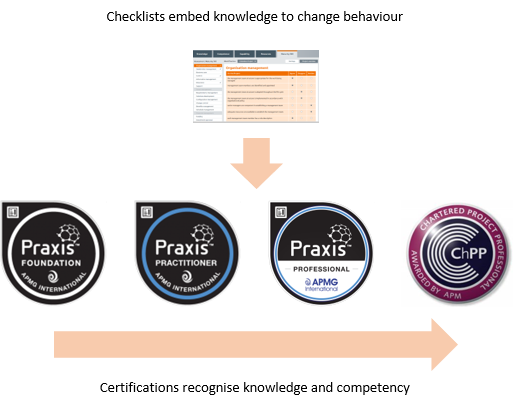
Individuals may learn about the Praxis Framework simply by visiting the web site. Praxis is completely free, community driven and continuously updated. Users of the framework can suggest updates, which will be peer reviewed and can be incorporated with great agility.
The first three certifications are managed by APMG-International. Training courses are available through accredited training organisations (ATOs). These certifications provide structured learning and development that guides an individual from basic foundational understanding of the framework through to the award of Chartered Status by the Association for Project Management (APM), which is at the peak of the profession.
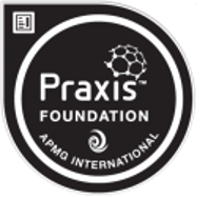 The entry level certification is the Praxis Foundation. At this level you need to know facts, including terms, context, processes, functional procedures, techniques, roles and responsibilities
The entry level certification is the Praxis Foundation. At this level you need to know facts, including terms, context, processes, functional procedures, techniques, roles and responsibilities
You also need to understand how the context, processes, functional framework, organizational factors and roles are applied to a project delivery environment.
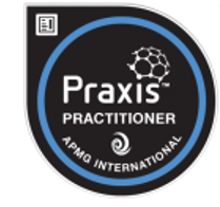 The second level is the Praxis Practitioner. At this level you must be able to apply key concepts to a given scenario, including being able to:
The second level is the Praxis Practitioner. At this level you must be able to apply key concepts to a given scenario, including being able to:
- Use the functions appropriately;
- Create the documents;
- Tailor the processes appropriately; for a given scenario.
This is a crucial point in the Pathway. All too often organisations and individuals invest in training only to see that investment wasted. As soon as the training is complete the knowledge starts to fade. If the knowledge is not used to change behaviours, it fails to build a culture of good practice.
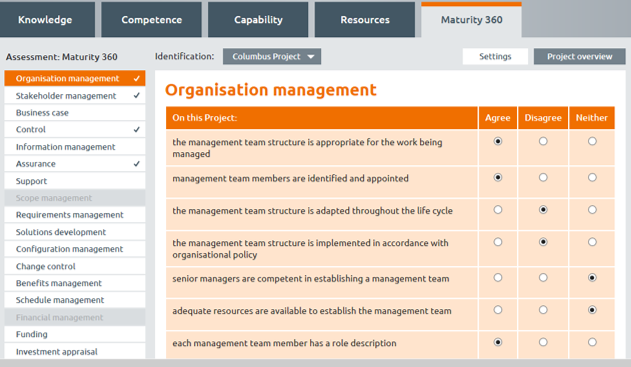
Our research indicates that one of the biggest causes of project failure is simply the lack of application of basic good practice and it has been demonstrably shown that following checklists can improve performance1 by making a habit of the right behaviours. The Praxis checklists are a catalyst for ensuring that knowledge is applied in practice and competence is developed. These are also used in the team and organisational paths and are based on the Praxis Capability Maturity Model.
Developing the competency required to achieve Praxis Framework Professional and finally Chartered Project Professional (ChPP) requires consistent application of knowledge. The checklists are not simply actions that need to be performed. They are attributes of an effective and efficient organisation. Routinely using them as part of continuous improvement demonstrates that the management team understand how to apply the techniques, models and processes of good practice.
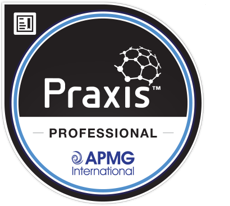 The third level of certification is the Praxis Framework Professional. At this level you need to demonstrate experience of adapting and applying PPM functions and processes on projects or programmes that exhibit characteristics of complexity.
The third level of certification is the Praxis Framework Professional. At this level you need to demonstrate experience of adapting and applying PPM functions and processes on projects or programmes that exhibit characteristics of complexity.
You must have the required breadth of experience to meet the competency requirements, have an advanced technical knowledge and be able to confidently evaluate and analyse the theory of current practices and methods.
Praxis Framework Professional is a 'Recognised Assessment' and provides the necessary exemptions for Route 2 to the Chartered Project Professional (ChPP) designation from the UK’s Association for Project Management (APM).
The ChPP assessment process is administered by the APM. In addition to the Praxis Framework Professional certification applicants for ChPP must provide or demonstrate:
- Two referees;
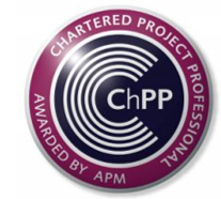
- Commitment to professional ethics;
- Currency of practice;
- Commitment to continuing professional development (CPD) with evidence of 35 hours of CPD in the last 12 months.
The ChPP interview lasts up to 30 minutes.
There are many certifications available. Praxis is the only one that has a complete developmental path from basic knowledge to Chartered Status combined with an approach that includes Knowledge and Method for both projects and programmes.
--------------------------------------------------
- The Checklist Manifesto, Atul Gawande, 2011, Profile Books, London





